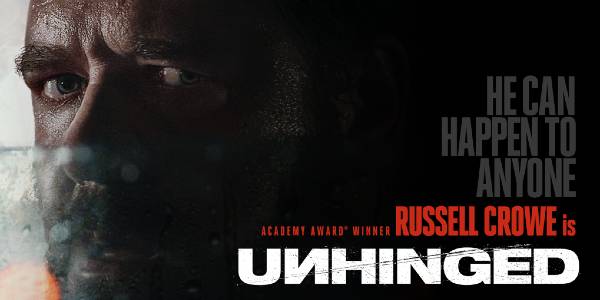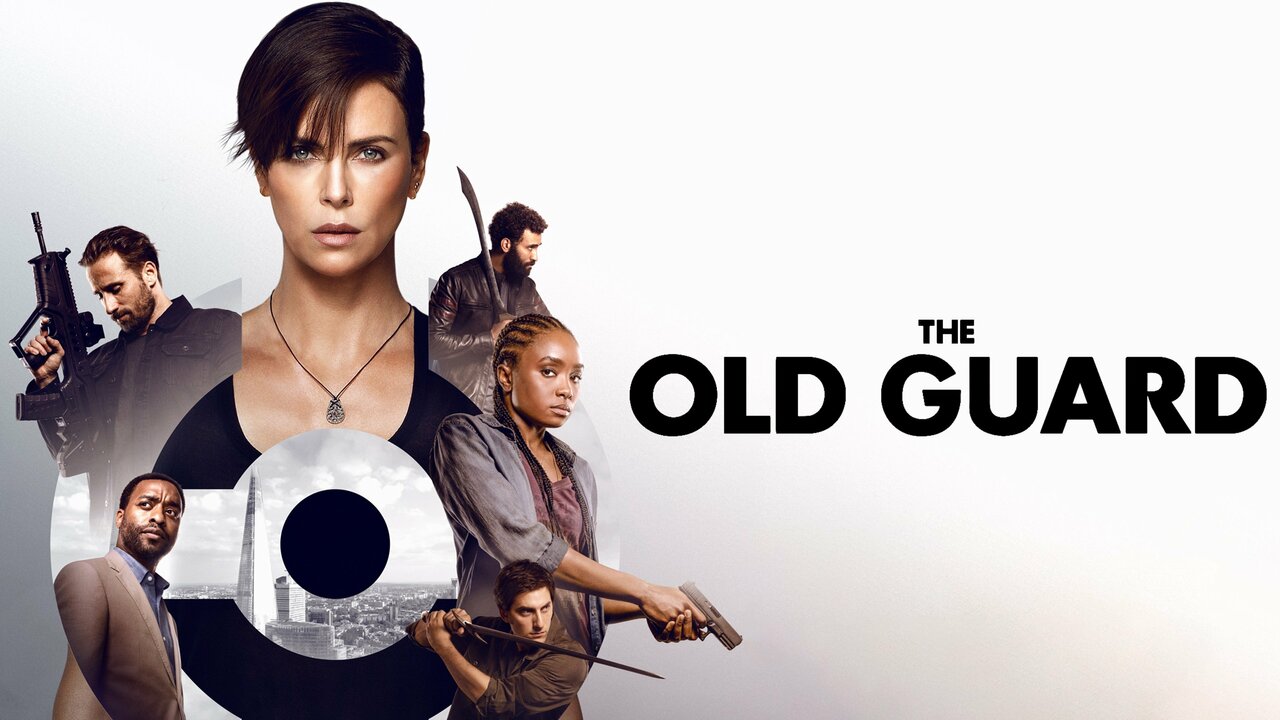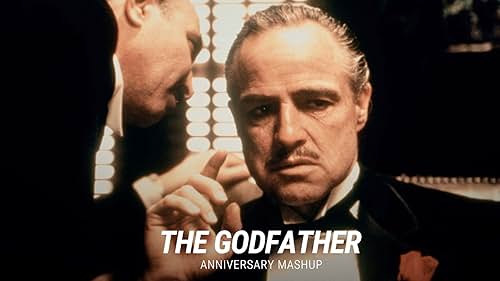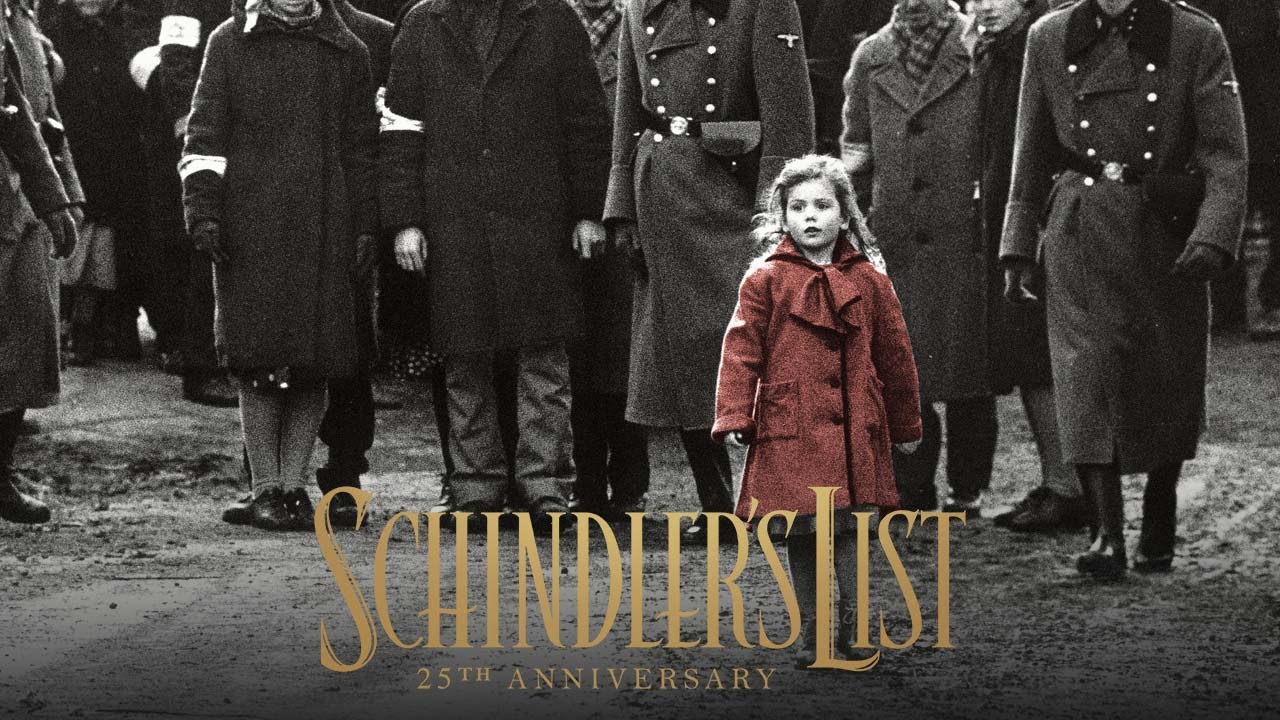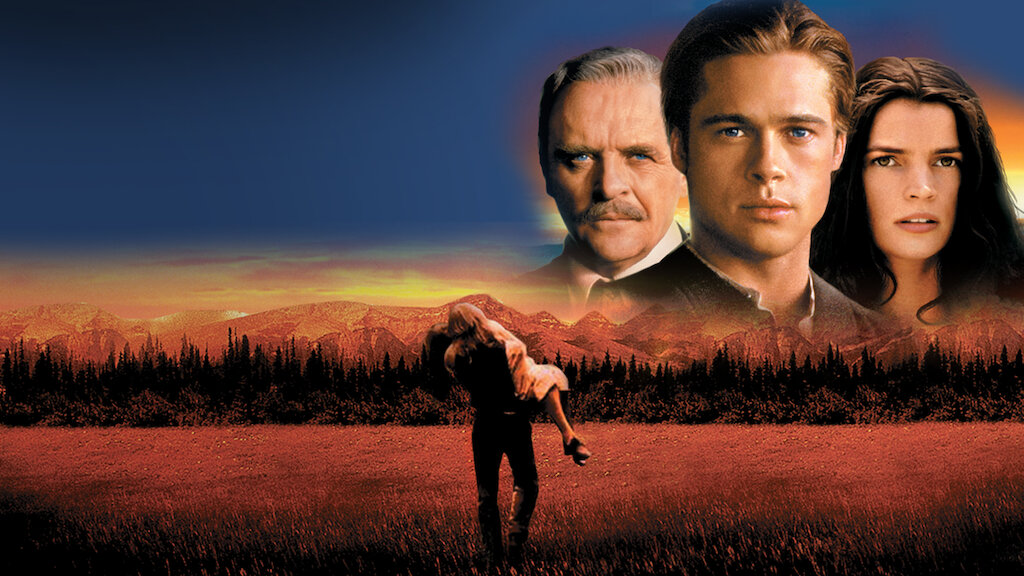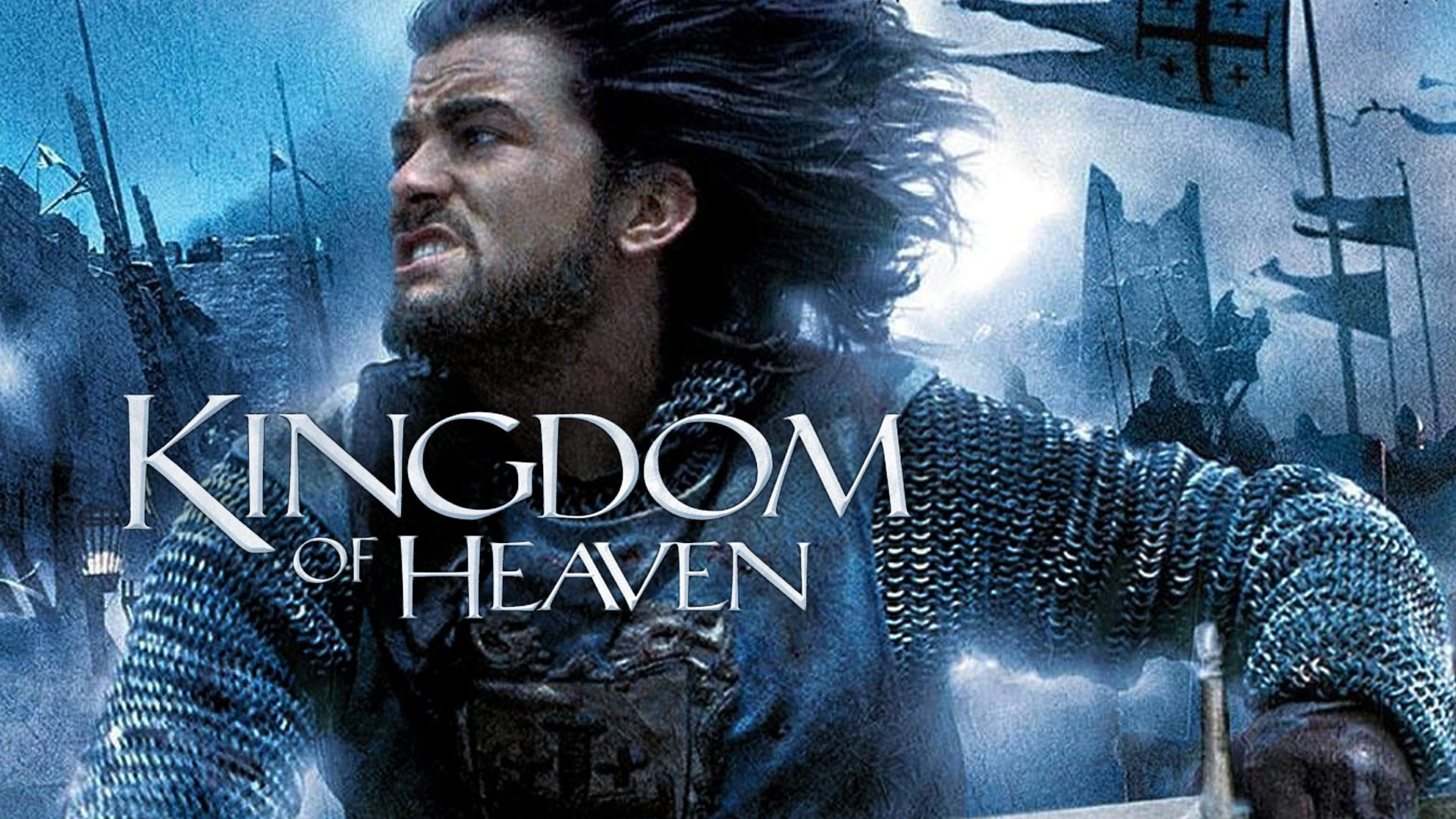The Paradise (2012–2013) – Series Review
The Paradise is a lush and charming British period drama that aired for two seasons on the BBC from 2012 to 2013. Loosely adapted from Émile Zola’s novel Au Bonheur des Dames, the series reimagines the setting in a Northern English town, focusing on the rise of the department store and the shifting roles of women in the 19th century. It’s a gentle, character-driven story filled with romance, ambition, and the challenges of a rapidly modernizing society.
At the heart of the series is Denise Lovett (Joanna Vanderham), a bright, ambitious young woman who moves from a rural village to the city in search of work. She quickly finds employment at The Paradise, England’s first department store a bold and glittering venture run by the enigmatic entrepreneur John Moray (Emun Elliott). As Denise rises through the ranks, she challenges the status quo with her creativity, insight, and quiet determination, catching the attention and heart of Moray along the way.

The show’s period detail is exquisite. Costumes are rich in color and texture, capturing the lavish world of fashion and consumerism. The Paradise itself, with its ornate interiors and luxurious goods, becomes more than just a backdrop it’s a symbol of progress, desire, and social change. The tension between the old and the new is a recurring theme, as the traditional shops and values of the town clash with the innovative business model of the department store.
Denise is a refreshing heroine. Intelligent, observant, and ahead of her time, she’s not just a romantic interest; she’s a visionary thinker who often surprises those around her. Vanderham plays her with poise and warmth, making it easy to root for her as she navigates both professional challenges and emotional entanglements.
Emun Elliott’s portrayal of Moray is equally compelling. He’s charming and passionate, but also burdened by grief and ambition. The chemistry between Denise and Moray builds gradually and believably, giving the romance emotional weight without overshadowing the themes of independence, innovation, and personal growth.

The supporting cast adds richness and complexity. Characters like Miss Audrey, the stern but fair head of ladieswear, and Clara, Denise’s competitive coworker, bring their own arcs and personalities to the forefront. The interactions among staff, customers, and townspeople create a vivid social landscape that reflects the era’s changing dynamics.
Though the show was canceled after two seasons, leaving some threads unresolved, The Paradise remains a rewarding watch. Its blend of romance, social commentary, and visual splendor makes it a delightful entry for fans of period dramas like Downton Abbey or Mr. Selfridge (which aired around the same time). While it may move at a more measured pace, its heart lies in its characters and the quiet revolutions they represent.
The Paradise is ultimately a story of transformation of people, of business, and of society and it does so with grace, wit, and style.
Hope you enjoyed the read stay tuned for more movie reflections!
